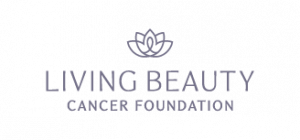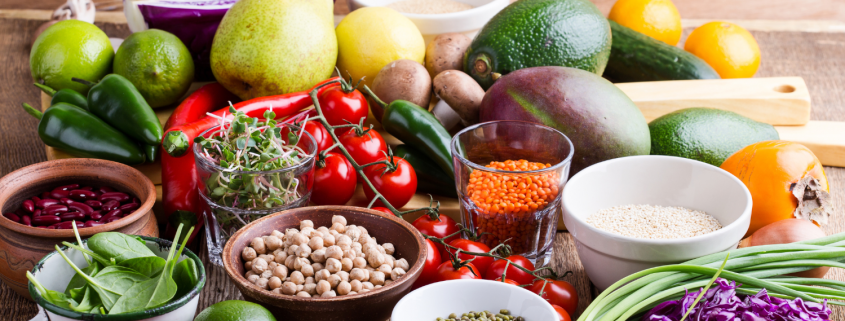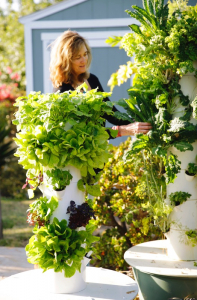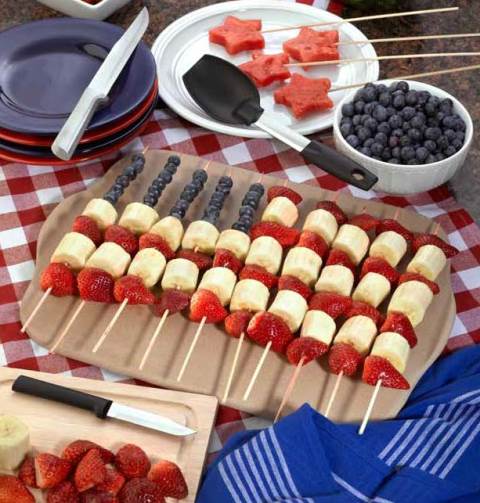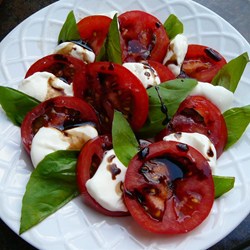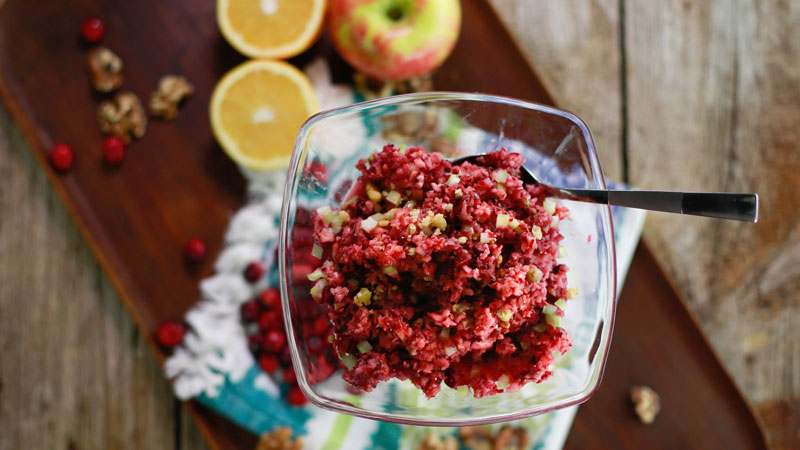Cancer Causing Foods
The Case for Effective Anti-Cancer Lifestyle Therapies
A Blog Post by Elaine Bryan, Body and Soul Nourishment for The Foundation for Living Beauty
It has become more apparent than ever after extensive research on cancer by modern medicine for at least the last 40 years, that cancer rates are still increasing. We are also finding a rise in premature deaths from related causes due to compromised body systems due to the inherent stress on the individual. They are finding that some cancers are treated with a good amount of success but complimenting therapies with integrative lifestyle therapies is imperative to support the whole person in both prevention as well as during treatment of cancer.
Scientists now believe that the aspects of lifestyle related to our diets and weight are responsible for 1/3 of all cancers, a percentage as high as the cause from tobacco. Genetics plays a smaller role in these diagnoses, while malnutrition from an inadequate diet (or situation of not absorbing your nutrients correctly) contributes to the majority of the risk of developing cancer. Our view of eating has been based on an act of merely refueling, a quick and easy way to supply the body with energy essential for our survival centered around calorie consumption. While fruits and vegetables which are low in calories, tend to play a limited role where diets full of an abundance of sugar and fat take precedence in most American diets. Other areas contributing to the risk of cancer include our detoxification system of toxic chemical exposures, our stress management and even our sunlight exposure. If our immune and detoxification systems are supported correctly, we will have a stronger defense system when exposed to these toxic chemicals in the environment as cancer cells rely on a certain environment that is favorable to their growth. Working with inhibiting the creation of that pro-carcinogenic environment is essential to stop cancer from developing and supporting the system at all stages of cancer as well.
Researchers are finding compelling and expanding data showing that radiation and various chemicals in our environment are linked to cases of breast cancer, as well as many other cancers. These environmental toxins include exposure in a person’s life including our personal care products, household products, our food, water and sources of radiation as well. Thus, reducing and eliminating pesticides, herbicides, hormones in foods and chemicals that leach from packaging materials into foods can assist in decreasing our overall toxic load. To find the current 2019 list of the cleanest, and the dirtiest fruits and vegetables from the Environmental Working Group, visit www.ewg.org.
In his book, “The China Study,” Dr. Colin Campbell states that food wins contaminants every time, meaning “the positive impact of anticancer molecules win out over the negative effect of carcinogens.” So if you change your diet, you change your risk and possible outcome!
Research is finding that a low-fat plant-based diet is key and they have also concluded that people who ate the most fruits and vegetables have half the cancer rates as those who ate the least!
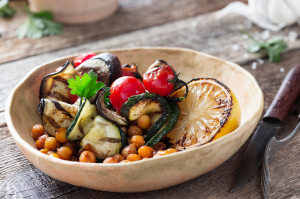
Some of the problematic foods in our western diet include:
- Dietary fats – Diets high in dietary fats are linked to high levels of sex hormones, carcinogens, and mutagens. The compounds live in fat and don’t metabolize out of fat easily, so obtaining cancer-promoting compounds through these high fats, fried and processed foods with fats can be damaging. Omega-6 fats that are highly processed are soybean oils, sunflower oil, corn oil, and cottonseed oil. Not all fat is damaging; as the Omega-3 fats help reduce inflammation and are found in wild fish, grass-finished animals (in moderation), free-roaming, cage-free chickens and eggs, seaweed-like kelp, raw walnuts, pumpkins seeds, hemp and chia seeds.
- High sugar, processed foods – Cancer cells are primary sugar feeders and uptake glucose at 10-12 times the rate of healthy cells and they also suppress the immune system.
- Foods with animal origin are showing a strong connection in certain cases of an increased risk of cancer.
The top foods that have been found to be protective for all cancers include the alliaceous family which includes garlic, leeks, and scallions.
Immediately following is the cruciferous family which includes broccoli, cauliflower, brussel sprouts, cabbage, kale, arugula, bok choy, collards, watercress, and radishes. These vegetables have a profound ability to shield cells from several processes that can transform healthy cells into malignant tumors. The phytochemicals in those veggies are somewhat fragile so chewing and how you prepare them is important to protect some of these protective chemicals.
Some of the other many protective plants that have been found include wild blueberries, organic apples, blackberries, raspberries, red beans, artichoke hearts and many more.
Spices and herbs such as turmeric, garlic, ginger, chili peppers, mint, marjoram, thyme, basil, oregano and rosemary all have amazing food phytochemicals that add flavor to our foods at the same time protect our cells.
Other protective constituents have been discovered in plants such as green tea, pomegranates, many varieties of mushrooms and dark chocolate.
All of these foods have important fiber that assists the body in removing toxins and waste as well. Gluten-free grains including quinoa, millet, amaranth as well as nuts, seeds and flaxseeds, chia and hemp seeds are all very beneficial.
Everyone is different and thus should be checked by your practitioner for any food sensitivities, intolerances or nutrient deficiencies to obtain the best results with nutritional therapies!
To learn more about Elaine Bryan, visit www.bodyandsoulnourishment.com.
The recommendations above are based on the author’s research and findings and do not guarantee the prevention of cancer.
If you liked this post check out this one about foods that prevent cancer!
If you would like to support The Foundation for Living Beauty and help provide vital wellness and support services free if charge to women with cancer you can become a monthly donor!
Learn more about Living Beauty here!
